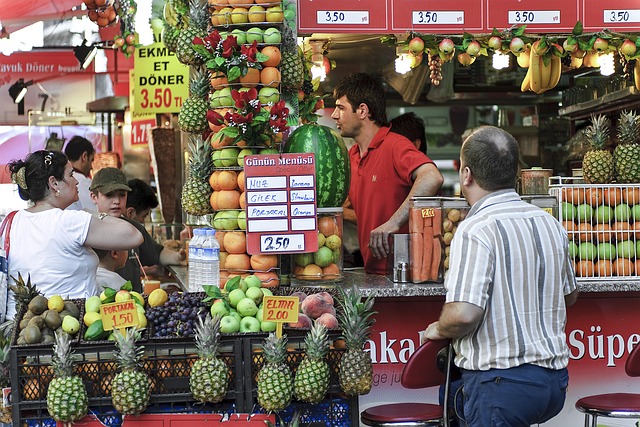
President Kassym-Jomart Tokayev's recent address at the expanded government meeting has underscored Kazakhstan's growing importance as a key player in the evolving Eurasian landscape, presenting significant opportunities for increased Western cooperation. Tokayev's emphasis on economic diversification, infrastructure development, and transit potential, coupled with the challenges posed by declining foreign direct investment, creates a fertile ground for strategic engagement, particularly for the United States and the United Kingdom.
Tokayev highlighted Kazakhstan's transit advantage, stating, "Transit is a huge advantage for us in the international competition for cargo transportation. This advantage must be fully and effectively utilized." However, he also acknowledged a 36% drop in FDI during the first three quarters of 2024, signaling a need for renewed efforts to attract foreign capital.
Darren Spink's recent interview with The Astana Times YouTube channel further illuminated the potential of the Trans-Caspian International Transport Route (Middle Corridor). This route, lauded by the World Bank for its shorter distance and enhanced regional connectivity compared to the Northern Corridor, offers a compelling alternative for Western businesses seeking to diversify their supply chains. Increased U.S. and U.K. investment in this corridor would provide a crucial counterbalance to geopolitical risks and potential sanctions affecting existing routes.
Key projects identified by Tokayev as priorities include the Trans-Kazakhstan railway, specifically the Moiynty-Kyzylzhar line and the modernization of routes linking the Kyzylzhar station to the Aktau port. Other crucial infrastructure developments include an urban railway bypass for Almaty, a railway connection between Kazakhstan and Uzbekistan to boost regional trade, and the modernization of the Port of Aktau to solidify Kazakhstan's role in Caspian Sea transport. These investments are vital for maintaining Kazakhstan's position as a key transit hub amidst geopolitical shifts, particularly in light of the disruptions caused by the war in Ukraine. Furthermore, strengthening the Middle Corridor offers a strategic alternative to China's Belt and Road Initiative, providing Western nations with a more secure and diversified supply chain.
This confluence of factors aligns perfectly with the strategic objectives of the new governments in Washington and London. The emphasis on pragmatic engagement, as exemplified by UK Foreign Secretary David Lammy's "progressive realism" approach, and the appointment of Lord John Alderdice as the UK's trade envoy for Central Asia, create avenues for pursuing strategic investments aligned with national interests. Both British International Investment and the U.S. International Development Finance Corporation (USDFC) should actively engage the private sector to drive investment in Kazakhstan's infrastructure and natural resource sectors.
As the U.S. and UK prioritize supply chain diversification and reduced reliance on China and Russia, Kazakhstan emerges as an attractive partner. Increased investment in Kazakhstan's energy sector, particularly critical minerals mining, would not only strengthen economic ties but also contribute to global efforts for cleaner and more secure rare earth sources.
The time is ripe for a reassessment of existing trade frameworks. U.S. Secretary of State Marco Rubio's characterization of Kazakhstan's Jackson-Vanik amendment as an "absurd relic of the past" during his confirmation hearing, and his support for removing it, signals a potential shift in U.S. policy. Granting Kazakhstan Permanent Normal Trade Relations (PNTR) would eliminate outdated trade restrictions, unlocking significant economic potential and aligning U.S. policy with the realities of Kazakhstan's market economy. This move would not only benefit American businesses but also strengthen U.S. strategic interests in the region.
Kazakhstan's vast natural resources, including oil, gas, and rare earth elements, make it a crucial player in global resource security. As the U.S. and UK seek to rebuild their industrial bases and diversify supply chains, Kazakhstan offers a compelling opportunity for strategic partnership, economic growth, and enhanced security. By embracing this opportunity, the West can forge a stronger, more resilient future in a rapidly changing world.
[Copyright (c) Global Economic Times. All Rights Reserved.]






























